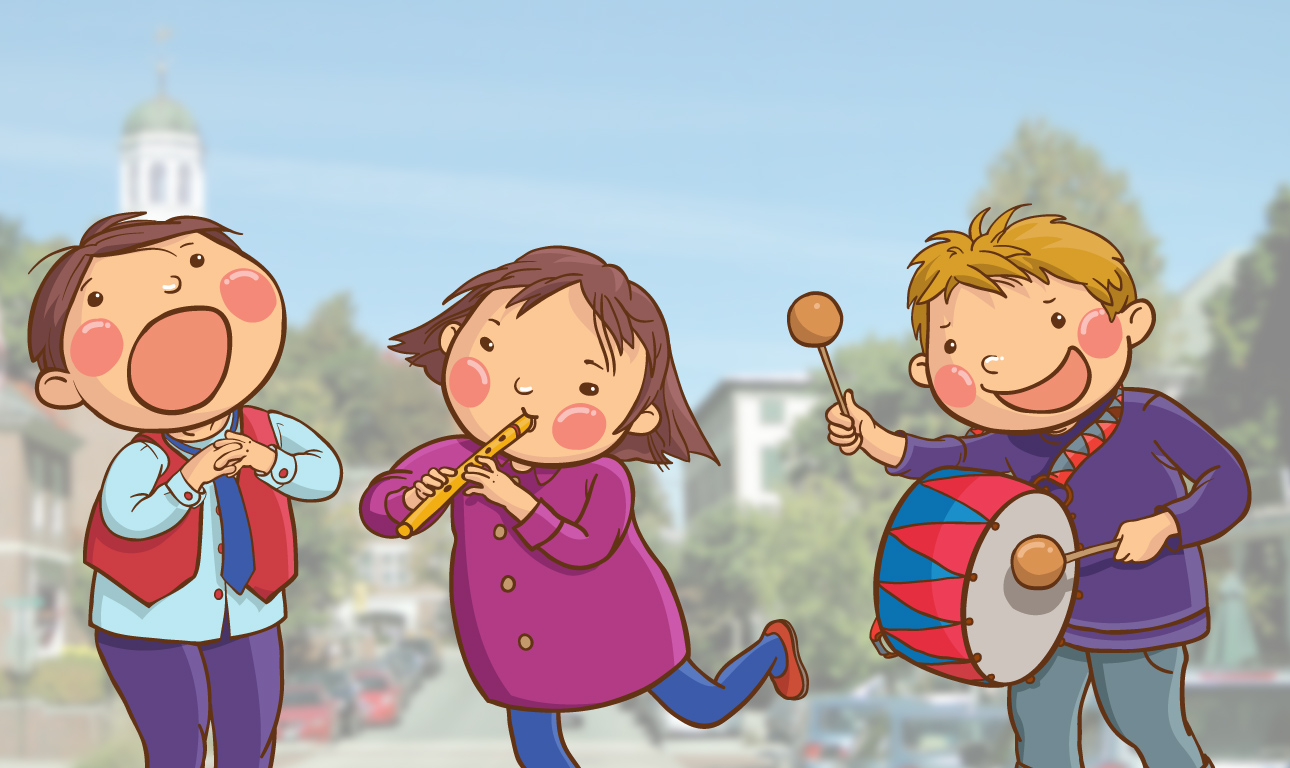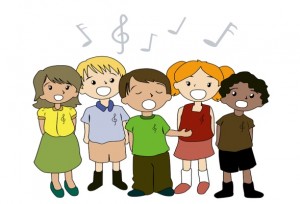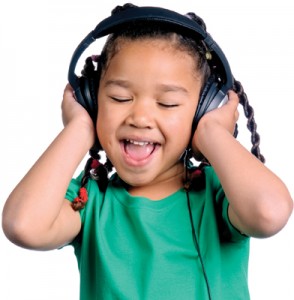Being the proud father of two kids and the husband of someone who is very talented musically (sadly I cannot call musicality one of my talents), I have had the pleasure of plenty of children’s songs. Singing is not only fun and can connect your next generation to a vital cultural thread, but singing has been at least anecdotally linked to the development of early language skills in children. But since we happen to live in a monolingual American English household, just about all of the songs we’ve sung to and with our children, have been in English. In the vein of being a hardcore language geek who deeply appreciates language diversity, I thought it’d be fun and enriching to provide you with a compendium of classic children’s songs in a variety of the world’s languages. As you sample the linked song clips, try to identify themes in the tunes, as they compare to the songs you came to love as a child and may also sing to your children. These could be melodic themes, onomatopoeia, alliteration, or content themes. Or, you could simply just enjoy them!
Singing Along with Apps
Speech Therapy TechniquesSinging is a universal expression of self. There’s a good chance that your child loves to sing even if he is a bit reluctant to speak. Singing therapy, formally called melodic intonation therapy (MIT), is often used as part of a stroke recovery treatment plan. Speech therapists also use it to encourage vocalization in children with speech disorders, such as apraxia.
Singing in Speech-Language Therapy
Speech Therapy TechniquesStudies have shown that patients who have trouble speaking after a stroke can learn to sing their words instead. This is called melodic intonation therapy (MIT), and it may also help your child deal with his speech disorder. The use of MIT in speech-language therapy (SLT) can particularly help children who have apraxia. Apraxia is a neurological disorder in which the brain understands the words, but the mouth cannot form them. Children with apraxia often use gestures and single syllable grunts.



